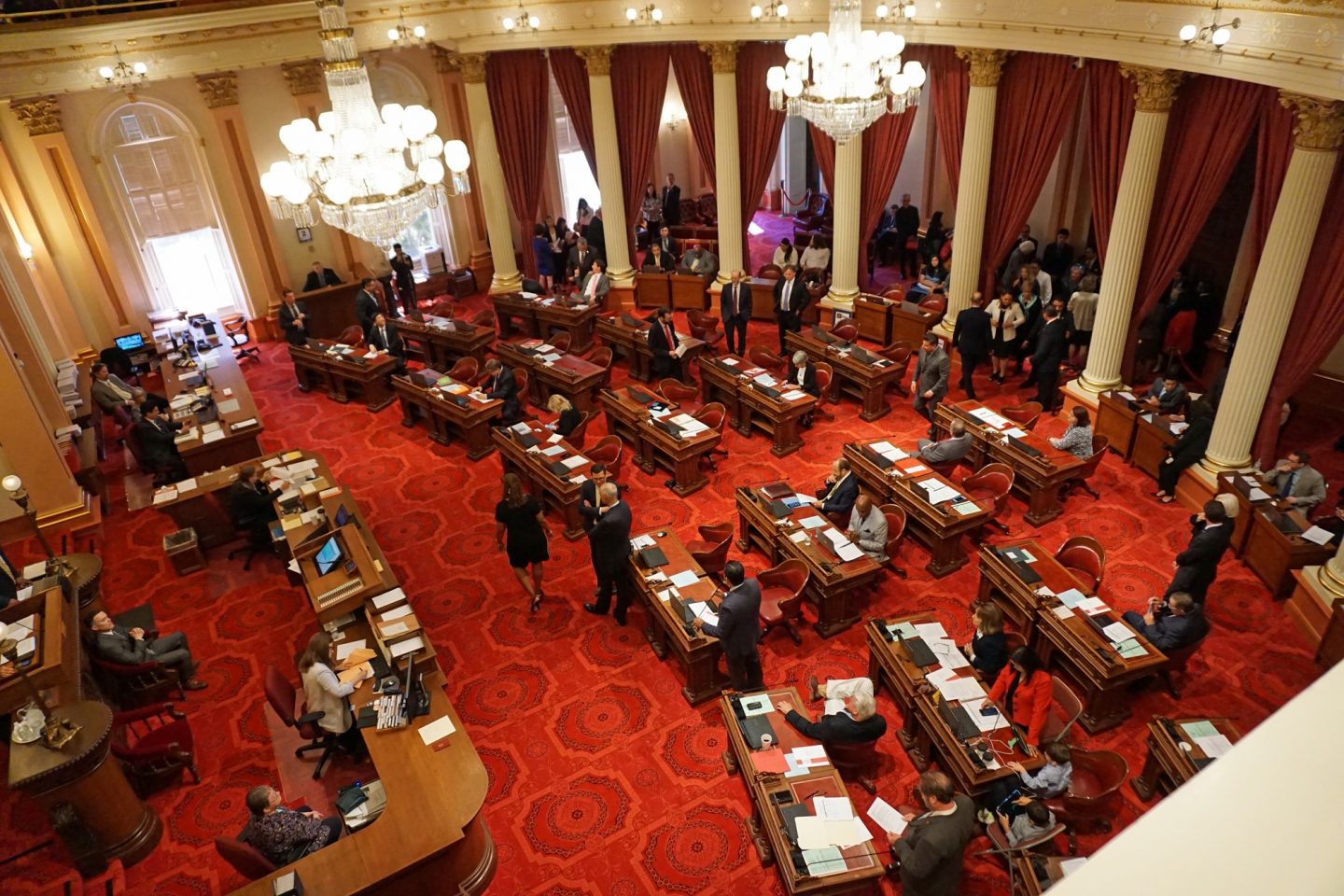Recent legislation enacted and introduced in the last few months has the potential to alter how the Public Employment Relations Board (“PERB”) operates going forward. Such legislation includes the following:
Executive Order N-63-20: Extension of Factfinding Deadlines
On May 7, 2020, Governor Newsom issued this executive order extending timelines of a variety of statutes and regulations. Pertaining to PERB, the order “extended for a period of 60 days” deadlines to request factfinding under the MMBA (Gov Code 3505.4(a)), EERA (Gov Code 3548.1) and HEERA (Gov Code 3591).
Given how the pandemic has upended traditional hearings and in-person meetings, the order further suspends any statute or regulation requiring administrative hearings to be held in person as long as: 1) all participants can hear the proceeding and view any exhibits; 2) members of the public are able to view the hearing electronically; and 3) the requirements of the ADA and Unruh Civil Rights Act have otherwise been met.
SB 1173: $50,000 Penalty for PECC Violation
The Public Employee Communication Chapter (“PECC”) (Gov Code 3555, et. seq.) requires public employers to regularly provide unions with the “name, job title, department, work location, work, home, and personal cellular telephone numbers, personal email addresses on file with the employer, and home address” of the bargaining unit members.
SB 1173, introduced on February 20, 2020, gives employers ten (10) days to cure an allegation that it provided an inaccurate or incomplete list of employees to the union. Should the employer not cure the violation in a timely manner, the union may file an unfair practice charge with PERB, who shall impose a penalty on the employer not to exceed $50,000 if they find a violation has indeed occurred. The penalty is to be paid to PERB following appropriation by the California Legislature. PERB shall also award attorneys’ fees and costs to the prevailing charging party in the action.
AB 2850: Places BART Under PERB’s Jurisdiction
Introduced on February 21, 2020, AB 2850 would place the San Francisco Bay Area Rapid Transit District (“BART”) under PERB’s jurisdiction. As the case with the majority of transit districts, BART is currently governed by the Public Utilities Code (“PUC”). Originally, this bill would have placed BART under the Meyers-Milias-Brown Act, thus making it subject to PERB’s jurisdiction. However, following a recent amendment, the bill would now keep BART under the PUC’s labor relations statute but place it under PERB’s jurisdiction for enforcement.
The bill has passed the Assembly and is currently pending in the Senate Committee on Labor, Public Employment and Retirement. Considering Governor Newsom signed AB 355 into law in 2019, adding the Orange County Transportation Authority to PERB’s jurisdiction, it is likely BART will soon follow suit.
